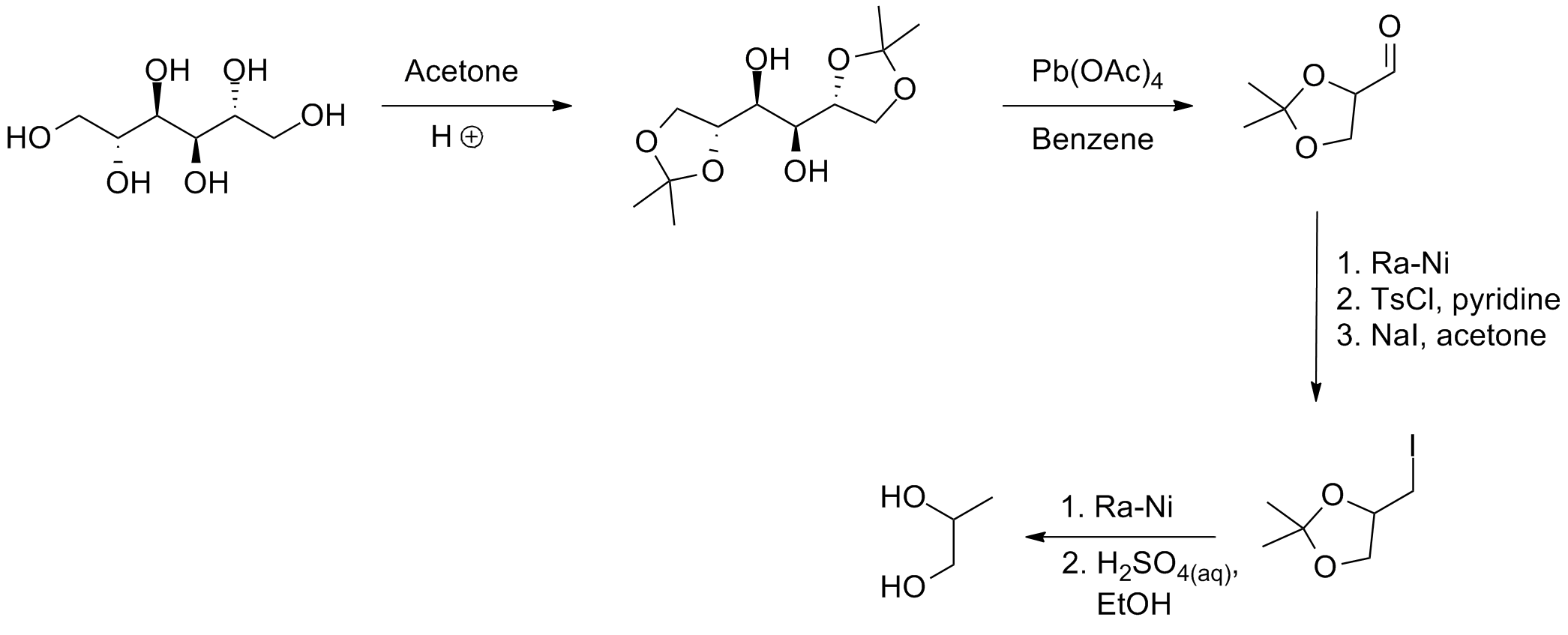| name | Propylene Glycol |
| Classification | Solvent, humectant, and a component in some medications |
| Pharmacokinetics | Propylene glycol is rapidly absorbed through the gastrointestinal tract and distributed throughout the body. It is primarily metabolized in the liver, and excreted through the kidneys and lungs. The rate of metabolism and excretion can vary based on individual factors and other medications/substances present in the body. |
| suggested dosage | Propylene glycol is *not* a medication that is typically given in dosages. It is a component in many preparations, such as IV fluids, inhalers, and topical creams. Dosage is determined by the formulation and clinical need for those preparations, not on its own. Therefore, a specific dosage cannot be provided. |
| indications | Propylene glycol is used as a solvent, humectant, and component in various medications and formulations. Common uses include:
* Component in intravenous solutions (IV fluids)
* Component in some inhalers
* Component in some topical products
* Component in some oral medications (as a carrier). |
| Safety in pregnancy | Limited data is available. Its use during pregnancy should be approached with caution. Discuss with a healthcare professional if pregnant or planning to become pregnant. *No specific recommendations can be given for this drug in pregnancy.* |
| Safety in breastfeeding | Limited data is available on the safety of propylene glycol during breastfeeding. Discuss with a healthcare professional if breastfeeding or planning to breastfeed. |
| side effects | Propylene glycol, when used in the intended medical and pharmaceutical applications, may cause a variety of adverse effects. These range from:
* Irritations at the injection site when given intravenously
* Headache
* Nausea
* Vomiting
* Abdominal pain
* Dizziness
* Heart palpitations
* Severe allergic reactions in susceptible individuals
* Risk of kidney problems if used in high concentrations or over prolonged periods.
These are not exhaustive; and the likelihood and severity depend heavily on the formulation and concentration of propylene glycol involved, as well as patient-specific factors. |
| alternatives | No specific alternatives exist for propylene glycol in its intended medical and pharmaceutical applications. Different formulations may utilize different solvents, but there isn't a direct alternative drug in the same class. |
| contraindications | High concentrations or prolonged administration of propylene glycol may be contraindicated in individuals with pre-existing kidney or liver problems. Additionally, individuals with allergies to propylene glycol or similar chemicals should avoid use. |
| interactions | Propylene glycol's interaction potential is determined by its use in various products. It can interact with other medications and substances, especially when present in high concentrations or used over long periods. Consult with a healthcare professional about any other medications or supplements you're taking. There are no broad statements of interaction with other drugs in general. |
| warnings and precautions | Propylene glycol is considered relatively safe when used in therapeutic dosages within accepted medical guidelines. However, high concentrations can cause adverse effects. Care should be exercised with use in patients with compromised kidney or liver function or pre-existing conditions. It should only be administered by or under the supervision of healthcare professionals. |
| additional informations | Propylene glycol is a common component in various products, not a drug intended for individual use. The safety and efficacy of its use will depend on the specific formulation and the intended use. |
| patient specific considerations | Patient age and weight (25 years, 70 kg) are not directly relevant to the use of propylene glycol as an isolated compound, because the focus is on use in various preparations or formulations. |
| Important Note | This information is for educational purposes only and should not be considered medical advice. Consult with a healthcare professional for any health concerns or before using any medication or supplement. |

